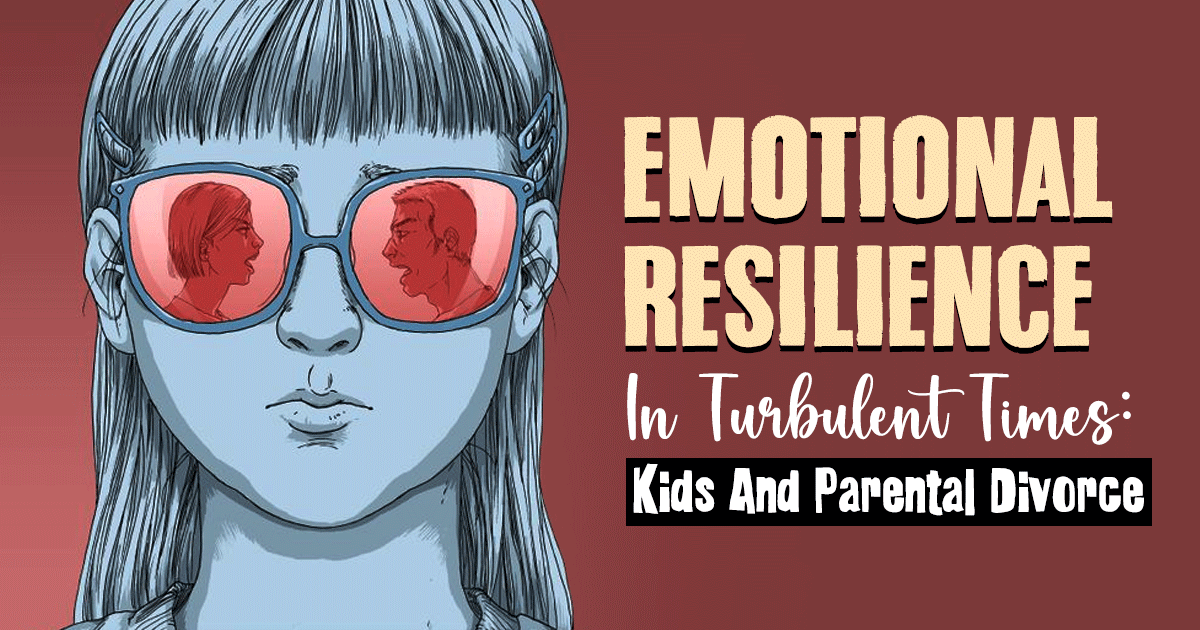Parental divorce is a significant life event that can have profound effects on children’s mental health. While divorce is often the result of parents’ attempts to improve their own lives and happiness, the mental health impact of parental divorce on their offspring cannot be underestimated.
The Mental Health Impact Of Parental Divorce
Parental divorce has a number of emotional consequences for the children involved:
1. Feelings Of Abandonment
One of the most common emotional consequences of parental divorce is a profound sense of abandonment. Children may feel rejected or unwanted, which can lead to deep emotional scars that persist into adulthood. The rupture of the family unit, which is often seen as a source of security and support, can be a particularly distressing experience.
2. Grief And Loss
Divorce is akin to a loss or death for children, who may grieve for the intact family they once had. The loss of the family unit, the dream of a unified family, and the emotional connections with both parents can lead to a protracted grieving process.
3. Conflict And Hostility
High-conflict divorces, characterized by animosity and hostility between parents, can be especially detrimental to children’s mental health. Witnessing or being caught in the crossfire of parental conflicts can induce fear, anxiety, and even post-traumatic stress symptoms in children.
4. Anxiety And Depression
Children of divorced parents are more likely to experience symptoms of anxiety and depression. The uncertainty and instability introduced by divorce can be deeply unsettling, leading to persistent feelings of insecurity and sadness.
5. Low Self-Esteem
The breakup of the family unit can negatively impact children’s self-esteem and self-worth. They may internalize the divorce as a reflection of their inadequacy or blame themselves for their parents’ separation.
6. Academic And Social Challenges
Divorce can disrupt a child’s daily routine and stability, affecting their performance in school and their ability to maintain friendships. This can lead to academic struggles and social difficulties, which further exacerbate emotional distress.
Coping Mechanisms For Children With Parental Divorce
Divorce and children’s mental health are inversely related. In the midst of a tumultuous life transition, children facing the dissolution of their parents’ marriage often require effective strategies to navigate the emotional and psychological challenges that arise.
1. Seeking Support:
Children going through parental divorce benefit from a strong support system, which can include friends, family members, and counseling. Talking to a trusted adult or therapist about their feelings can provide a safe outlet for emotional expression.
2. Understanding And Education:
Helping children understand the reasons behind the divorce can provide them with a sense of closure and lessen feelings of confusion and blame. Age-appropriate explanations can help them make sense of the situation.
3. Stable Routine:
Maintaining a consistent and stable routine can provide a sense of security for children during a tumultuous time. Knowing what to expect of divorce and children’s mental health on a daily basis can help mitigate some of the emotional and psychological distress.
Cooperative and amicable co-parenting can significantly reduce the mental health impact of parental divorce. When parents prioritize the well-being of their children and work together to create a supportive environment, it can lead to better mental health outcomes for the children.Therapeutic interventions and counseling can be instrumental in helping children navigate the mental health impact of parental divorce.
When children have a safe space to express their feelings and develop coping strategies, they are better equipped to manage the impact of divorce. For high-conflict divorces, mediation and conflict resolution can be essential to shield children from the worst of the hostilities between their parents. Reducing exposure to conflicts can alleviate emotional and psychological stress on children.




























